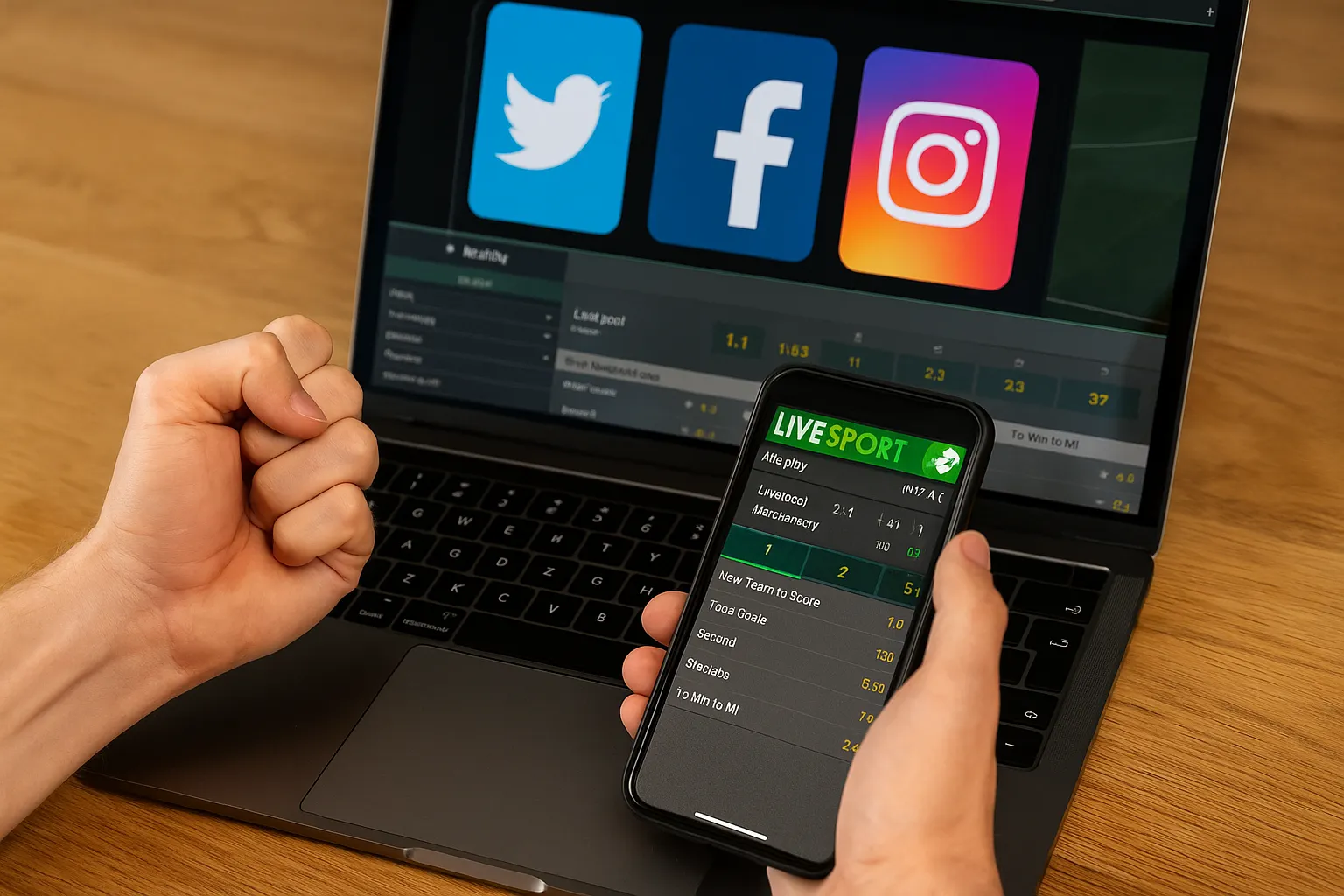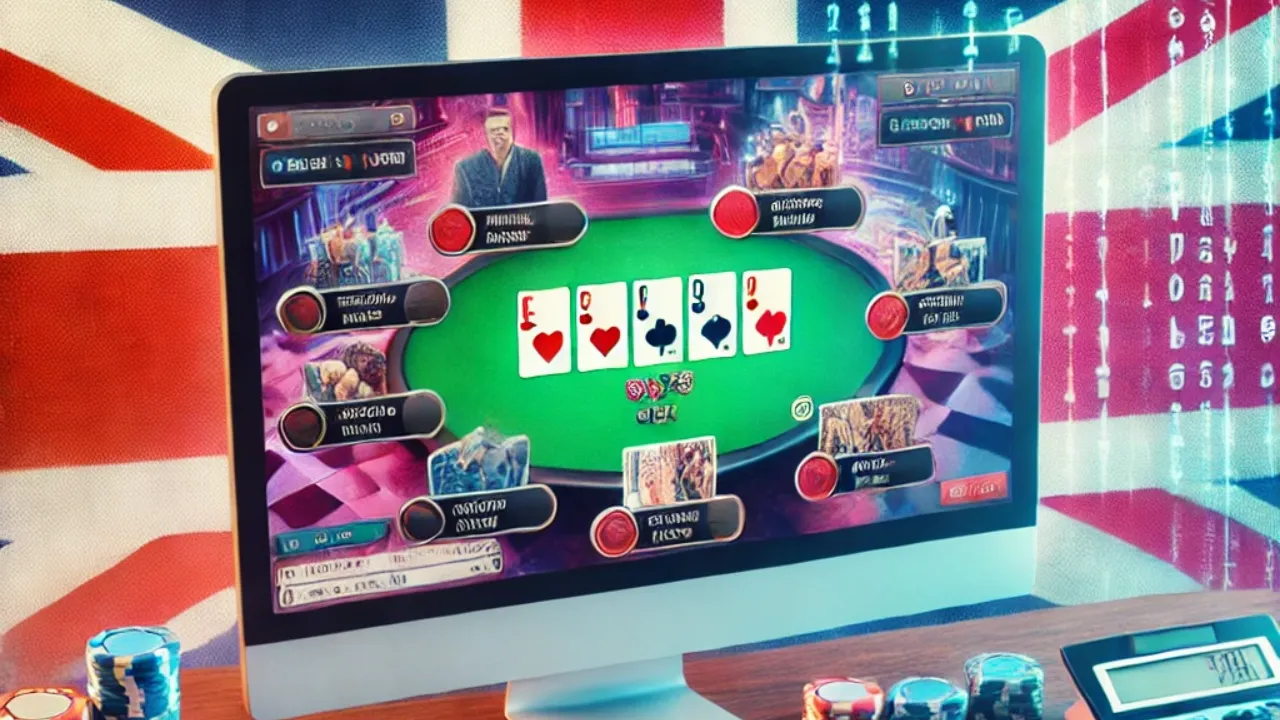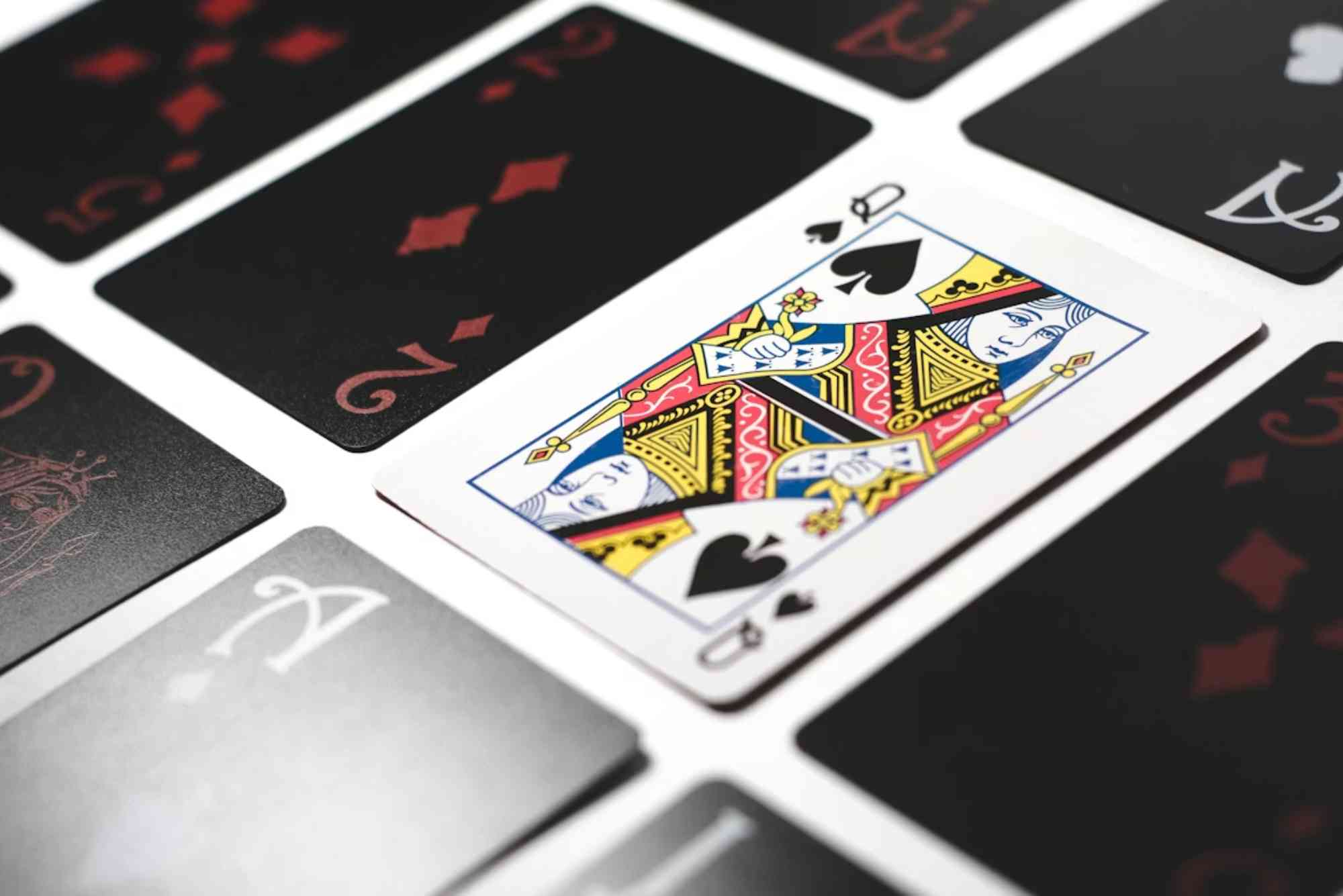Sports and betting have always been influenced by emotion, momentum, and public perception. In the digital age, social media platforms like Twitter, Facebook, and Instagram have amplified these forces to unprecedented levels. From viral hashtags to trending updates during matches, social media hype now plays a critical role in shaping how bettors view games. But does this hype actually affect betting markets, or is it just background noise? Based on both research and personal observation, the impact is undeniable—though it’s not always straightforward.
The Speed of Social Media and Odds Movement
Bookmakers operate on information, and in the world of live sports, information spreads fastest on social media. A leaked lineup, a player injury spotted during warm-ups, or even a single tweet from a reputable journalist can trigger odds shifts before television broadcasts catch up. Social media doesn’t just report; it often dictates how people react in real time.
The hype generated by trending topics influences betting volumes. If a player’s highlight reel goes viral minutes before a match, bettors may flood the market backing that team, forcing bookmakers to adjust odds. In this way, social media acts as both a reflection of public sentiment and a driver of market movement.
This dynamic is not unique to traditional sports betting. The same applies to online formats like crash games, where player reactions and hype cycles create waves of participation that impact outcomes. The parallel shows how psychology, hype, and market movement are deeply intertwined across betting genres.
The Influence of Public Sentiment
Public sentiment on platforms like Twitter can be a double-edged sword for bettors. On one hand, trending hashtags like #TeamXWin or #UnderdogMiracle may build momentum and encourage wagers that align with the crowd. On the other hand, following the crowd often means betting at worse odds because bookmakers anticipate the rush of emotional money.
This phenomenon is similar to herd behavior in financial markets. When enough people buy into the hype, markets react, sometimes irrationally. For disciplined bettors, recognizing these shifts can create opportunities to find value in overlooked outcomes. But for those caught up in the emotion, it often leads to impulsive wagers that favor the bookmaker more than the bettor.
Real-Time Reactions and Market Distortion
One of the biggest changes social media has brought to sports betting is the real-time reaction cycle. During matches, fans post constantly—celebrating a near miss, criticizing referees, or speculating about momentum shifts. These updates don’t always align with reality, but they shape perception.
When bettors see a flurry of posts about a team “dominating,” they may feel compelled to back that team, even if statistics show the game is evenly balanced. This creates distortion in the betting market, as odds adjust to reflect betting activity more than on-field performance. It highlights how perception, amplified by social media, can become as powerful as actual events.
Can Bettors Use Hype Strategically?
The key question for serious bettors is whether social media hype can be leveraged strategically. The answer is yes—but with caution. Monitoring trends can reveal where public money is going, which helps identify inflated or deflated odds. For example, if hype drives heavy betting on a favorite, the underdog’s odds may lengthen to the point where they offer good value.
At the same time, bettors need to filter noise from substance. Not every trending hashtag reflects reality, and not every viral post comes from a credible source. Success lies in blending social media monitoring with data-driven analysis, rather than letting hype dictate decisions outright.
The Future of Social Media and Betting
Looking ahead, the relationship between social media and sports betting will only grow stronger. Platforms are experimenting with integrating betting odds directly into live feeds, and influencers are already shaping how their audiences perceive matches. The line between commentary, hype, and market impact will continue to blur.
Artificial intelligence is also being used to track social sentiment at scale, with bookmakers monitoring trends to anticipate betting behavior. This means hype will not only affect public bettors but will also feed back into how odds are set in the first place. The cycle is becoming more interconnected than ever before.
Final Thoughts
So, does social media hype affect sports betting markets? Absolutely. From odds shifts triggered by tweets to betting volumes driven by viral moments, the influence is clear. But while hype can shape markets, it doesn’t guarantee outcomes. For smart bettors, the goal is to understand the distinction between perception and reality, using hype as a signal rather than a rule.
Social media has turned betting into a faster, more emotional, and more interactive experience. It has amplified both opportunities and risks. And just like in any betting environment, those who remain disciplined, analytical, and mindful of hype are the ones most likely to come out ahead.









